What is cancel culture? Meaning, examples of cancelled celebrities, and how it relates to ‘woke’ culture
This article contains affiliate links. We may earn a small commission on items purchased through this article, but that does not affect our editorial judgement.
and live on Freeview channel 276
Language is something that is forever evolving, and many words and phrases that have been around forever have take on new meanings in the past couple years - such as the term “cancelled”.
Once used to describe something like a show not getting another season or a concert no longer going ahead, “cancelled” and “cancelling” has taken on a new meaning.
Advertisement
Hide AdAdvertisement
Hide AdWhat does it mean to be “cancelled” - and what exactly is “cancel culture”? This is everything you need to know.
What does cancel culture mean?
Merriam-Webster dictionary defines cancel culture as “the practice or tendency of engaging in a mass cancelling as a way of expressing disapproval and exerting social pressure”.
It usually refers to when a person or business is called out publicly - often on Twitter or other social media platforms - for something they have said or done that exhibits racism, sexism, or misogyny.
‘Cancelling’ is a way for people - often marginalised groups - who have been historically silenced, to call on celebrities, businesses, and people in positions of power to be accountable for their actions and words, whether recent or in the past.
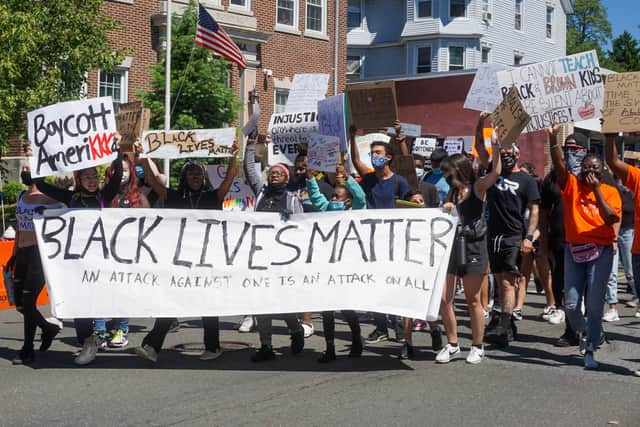

Advertisement
Hide AdAdvertisement
Hide AdSpeaking to the New York Times in 2018, Lisa Nakamura, a Professor at the University of Michigan who studies digital media’s connections to race, gender and sexuality, described cancellation and cancel culture as a “cultural boycott” of a celebrity, brand or company.
Generally, cancellation refers specifically to celebrities rather than regular people, although online public shaming does still happen to non-celebrities.
Those who align themselves with anti-cancel culture often claim that cancel culture infringes on free speech.
However, critics of this position would argue that the right to free speech simply means a person is protected from legal ramifications when expressing their opinions.
Advertisement
Hide AdAdvertisement
Hide AdIt has also been argued that the right to freedom of speech does not make a person immune to criticism or backlash, and does not entitle anyone to a platform to express views that could be considered offensive or oppressive to certain groups.
Cancel culture critics also tend to blame cancelling, or perceived cancelling, on “woke” people, as these people are more aware of and actively attentive to important social justice issues.
Where did the term ‘cancel’ come from?
The concept of “cancelling” can be traced back to 1991 film New Jack City wherein a character called Nino Brown, played by Wesley Snipes, dumps his girlfriend by saying: “Cancel that b**ch. I’ll buy another one.”
Fast forward to 2010 and rapper Lil Wayne makes a reference to the scene in his song I’m Single, in which he raps; “Yeah I’m single / N***a had to cancel that b**ch like Nino.”
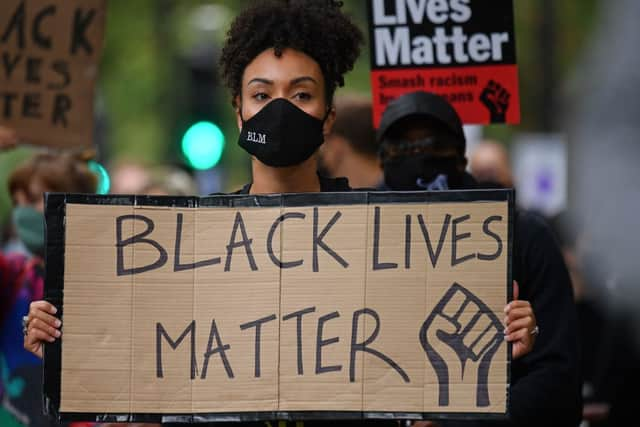

Advertisement
Hide AdAdvertisement
Hide AdHowever it wasn’t until 2014 that the term became widespread in mainstream discourse. In an episode of the VH1 reality show Love and Hip-Hop: New York which aired in December of that year, Cisco Rosado tells Diamond Strawberry “you’re cancelled” during a fight.
Soon after this episode aired, the idea of cancelling began to spread on Twitter, and specifically on “Black Twitter” in 2015.
Black Twitter refers to the network of Black Twitter users who are responsible for a lot of modern slang and social justice movements, like #BlackLivesMatter.
Speaking to The Atlantic, Meredith Clark, a professor at the Mayborn School of Journalism at the University of North Texas who conducted research on the culture of Black Twitter, said that she defines it “as a temporally linked group of connectors that share culture, language and interest in specific issues and talking about specific topics with a Black frame of reference”.
Advertisement
Hide AdAdvertisement
Hide AdBlack Twitter initially used the idea of cancelling someone in a much more lighthearted way than nowadays. It was used as a reaction to someone, usually a friend or acquaintance, doing something you didn’t approve of.
However, as language tends to do, it evolved into a much more serious reaction to much more serious offences.
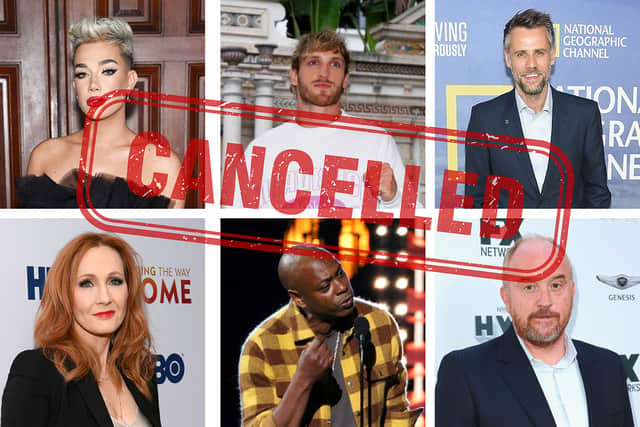

Speaking to Vox, Anne Charity Hudley, Chair of Linguistics of African Americans for the University of California Santa Barbara, said: “While the terminology of cancel culture may be new and most applicable to social media through Black Twitter, in particular, the concept of being cancelled is not new to Black culture.”
Hudley described cancelled as “a survival skill as old as the Southern Black use of the boycott”.
Advertisement
Hide AdAdvertisement
Hide AdShe explained that cancel culture promotes the idea that, specifically Black, people can feel empowered to reject something or someone that communicates harmful ideas and messages.
Hudley said: “If you don’t have the ability to stop something through political means, what you can do is refuse to participate.”
For example, she said: “When you see people cancelling Kanye, cancelling other people, it’s a collective way of saying: “We elevated your social status, your economic prowess, [and] we’re not going to pay attention to you in the way that we once did. I may have no power, but the power I have is to [ignore] you”.”
Who has been cancelled in the past?
Despite claims from those who are anti-cancel culture stating that people face losing their jobs or reputations over cancel culture, very few celebrities or public figures have actually experienced any career ending repercussions from being cancelled.
Advertisement
Hide AdAdvertisement
Hide AdComedian Dave Chappelle claims to have been cancelled after his Netflix comedy special The Closer was met with backlash over transphobic jokes, specifically from the transgender community.
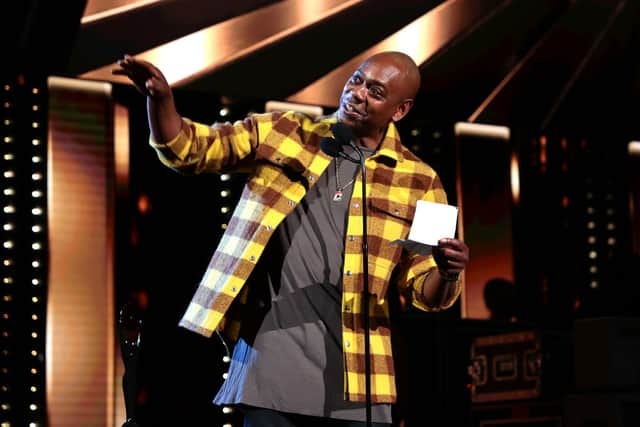

Chappelle went on to be nominated for three Primetime Emmy Awards and a Grammy Award for a different special of his called 8:46.
His former school, the Duke Ellington School of the Arts in Washington, DC, has also moved forward with plans to name its theatre after him.
The school said in a statement that it would “celebrate one of our most distinguished alumni, Dave Chappelle, by naming our theatre in his honour”.
Advertisement
Hide AdAdvertisement
Hide AdHarry Potter author JK Rowling came under fire for controversial tweets she posted about transgender people in 2020. Her comments caused outrage among fans, and even prompted Harry Potter stars like Daniel Radcliffe, Emma Watson and Rupert Grint to speak out against her.
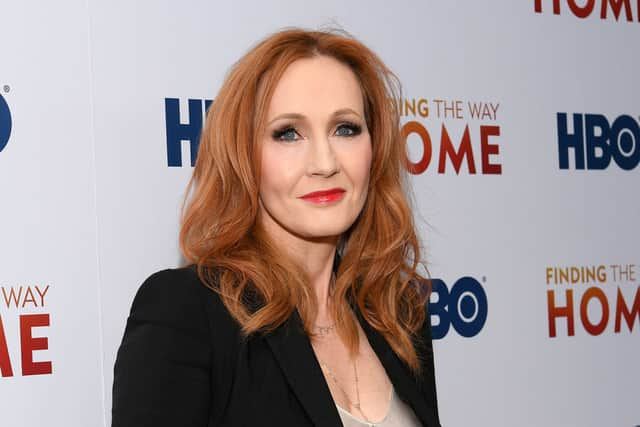

Since 2020, Rowling has continuously added fuel to the fire, however book sales for her Harry Potter series actually increased, and a book she released after the controversy, Troubled Blood (published under her pen name Robert Galbraith) spent weeks at the number one spot of the UK Official Top 50 bestseller chart.
Her 2021 Christmas book, The Christmas Pig, also claimed the coveted number one spot of the UK Official Top 50, selling 60,010 copies in its first week alone.
Louis C.K, whose cancellation was in response to a much more criminal nature, saw his career suffer setbacks after admitting to years of sexual misconduct in 2017 - however, 10 months later, he returned to stand-up comedy and was able to perform a number of sold out shows.
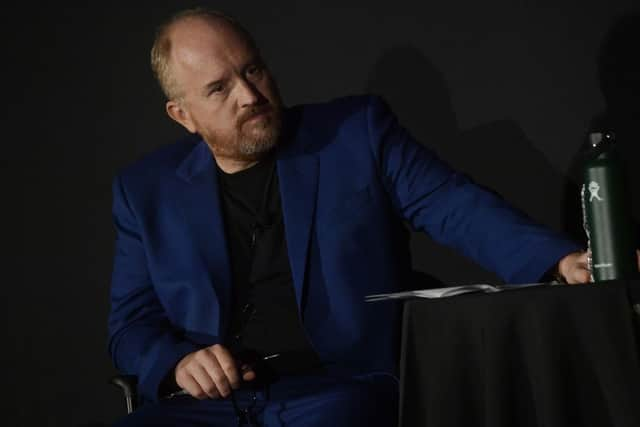

Advertisement
Hide AdAdvertisement
Hide AdEarlier this year, C.K was nominated for a Grammy Award for Best Comedy Album for his 2020 special Sincerely Louis C.K.
YouTube stars like Shane Dawson, Jeffree Star, James Charles, David Dobrik, Logan Paul and more have all experienced public cancellations, some of them multiple times, and they all continue to enjoy success on the platform.
Comment Guidelines
National World encourages reader discussion on our stories. User feedback, insights and back-and-forth exchanges add a rich layer of context to reporting. Please review our Community Guidelines before commenting.
